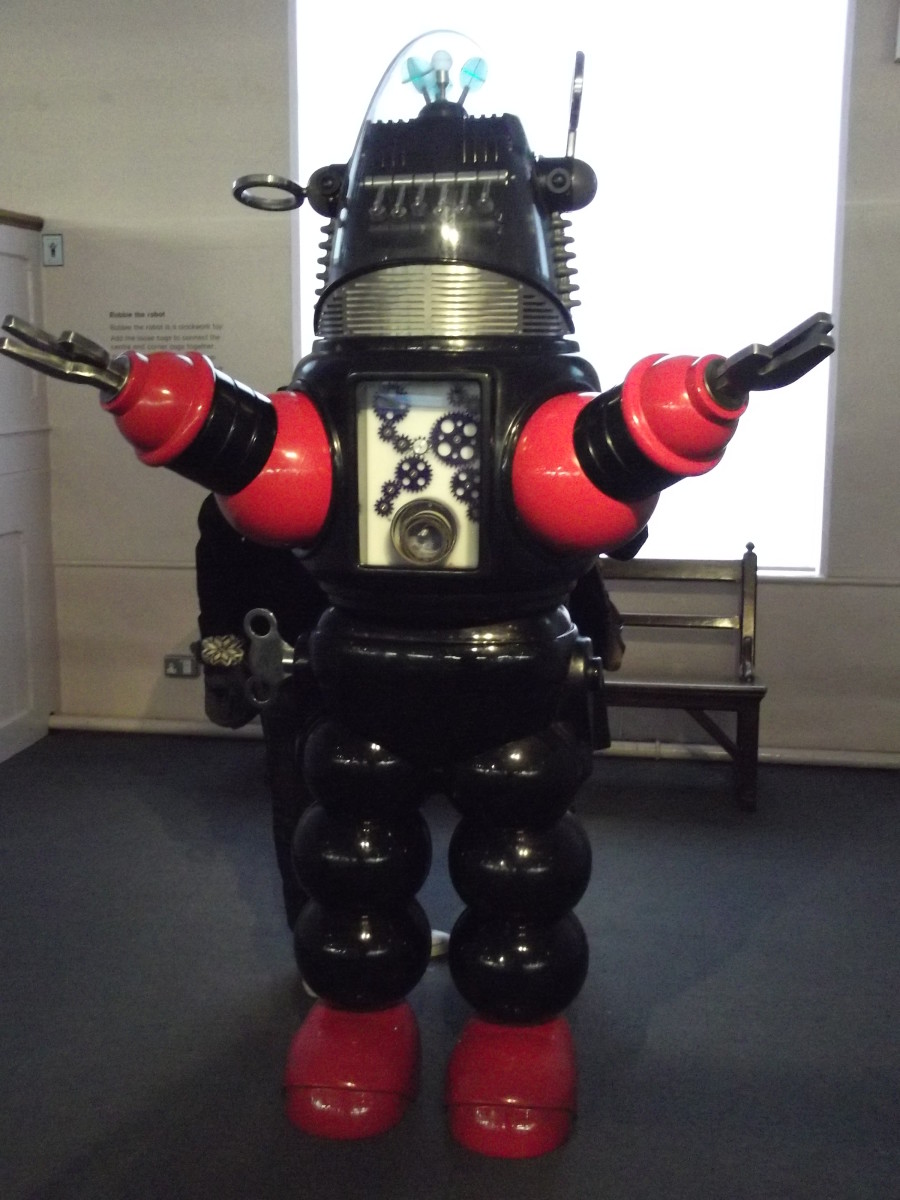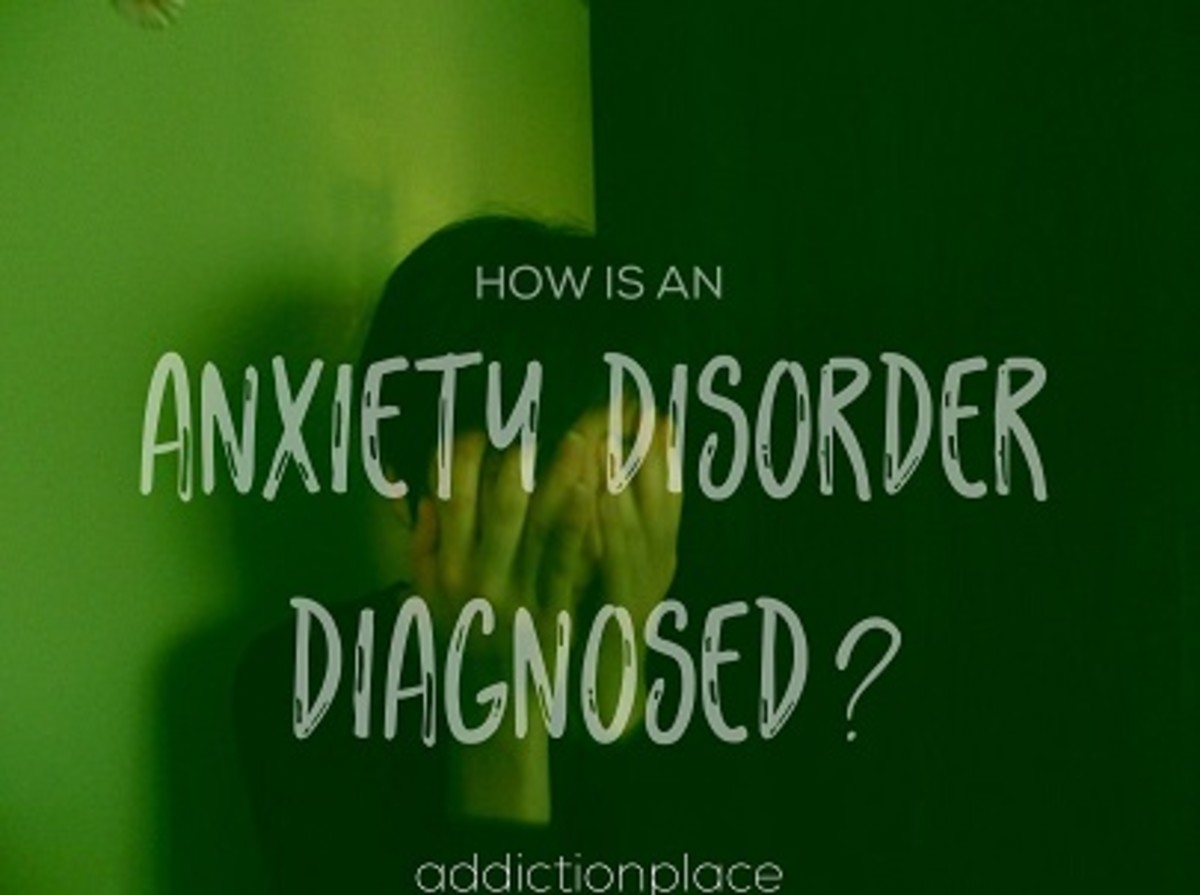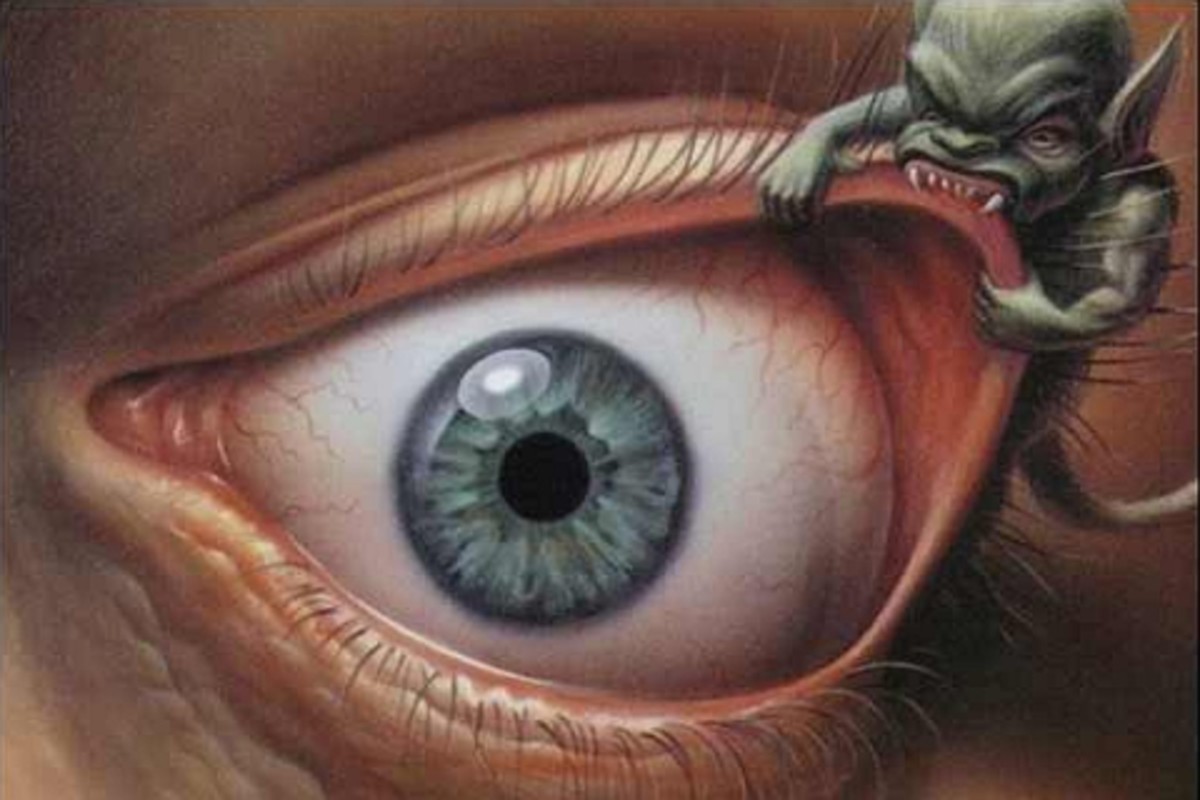Did You Know There Is A Diagnosis For Night Owls
Delayed Sleep Phase Syndrome
- Have you ever been referred to as a "night owl" or "night person"?
- Is it difficult for you to fall asleep before 12 a.m. to 4 a.m.?
- Is it difficult for you to wake in the mornings?
- Have you ever complained of insomnia or excessive sleepiness?
- Do you feel more awake or more creative during the evenings or late hours?
If you answered yes to 3 or more of these questions, you may have what is referred to as Delayed Sleep Phase Syndrome (DSPS), also known as Delayed Sleep Phase Disorder (DSPD).
DSPS is a chronic disorder of the timing of sleep. It is also one of the most prevalent of all circadian rhythm sleeping disorders such as jet lag, advanced sleep phase, and shift work disorder. People with DSPS general do not go to sleep until after midnight hours (usually between 12 a.m. and 4 a.m.) and can generally sleep soundly unlike those with sleep apnea or insomnia. DSPS is not a problem until it interferes with an individual's daily routine like work or school. Someone with DSPS may fail courses or lose jobs because of their inability to function during early hours. This may result in depression because an individual is seen as unmotivated, lazy, or undisciplined.Almost half of the people that suffer from DSPS also suffer from depression. It is believed that DSPS has a major role in causing depression because it is such a stressful and misunderstood disorder. Extreme stress, anxiety, sleep onset insomnia, fatigue, and altered eating habits can develop as a result of living with DSPS and trying to live up to our society's "normal" schedule.
DSPS usually develops in early adolescence and can be a life long condition. Childhood cases have been reported. It is rare for onset to begin after age 30. It is more common in men. It is responsible for almost 10% of insomnia complaints, however, DSPS usually goes misdiagnosed and ends up not being treated at all or treated as insomnia or a psychiatric illness.
Did this Hub help you?
Treatment
- Light Therapy
- Chronotherapy
- Melatonin
- Cannabis
- Modafinil (Provigil)
- Trazodone
- Vitamin B12
- Cognitive Behavioral Therapy such as sleep therapy
Causes for DSPS are unknown, but it is known that the persons circadian rhythms seems to be "out of tune" with societies normal 9 to 5 schedule. Head trauma or serious illness may disrupt a person's circadian rhythm and cause a person to be diagnosed with DSPS.
If you think you have DSPS talk to your doctor or a therapist and ask if they can preform an actigraphy. It is also a good idea to start keeping a sleep diary for at least a 2 week period.








